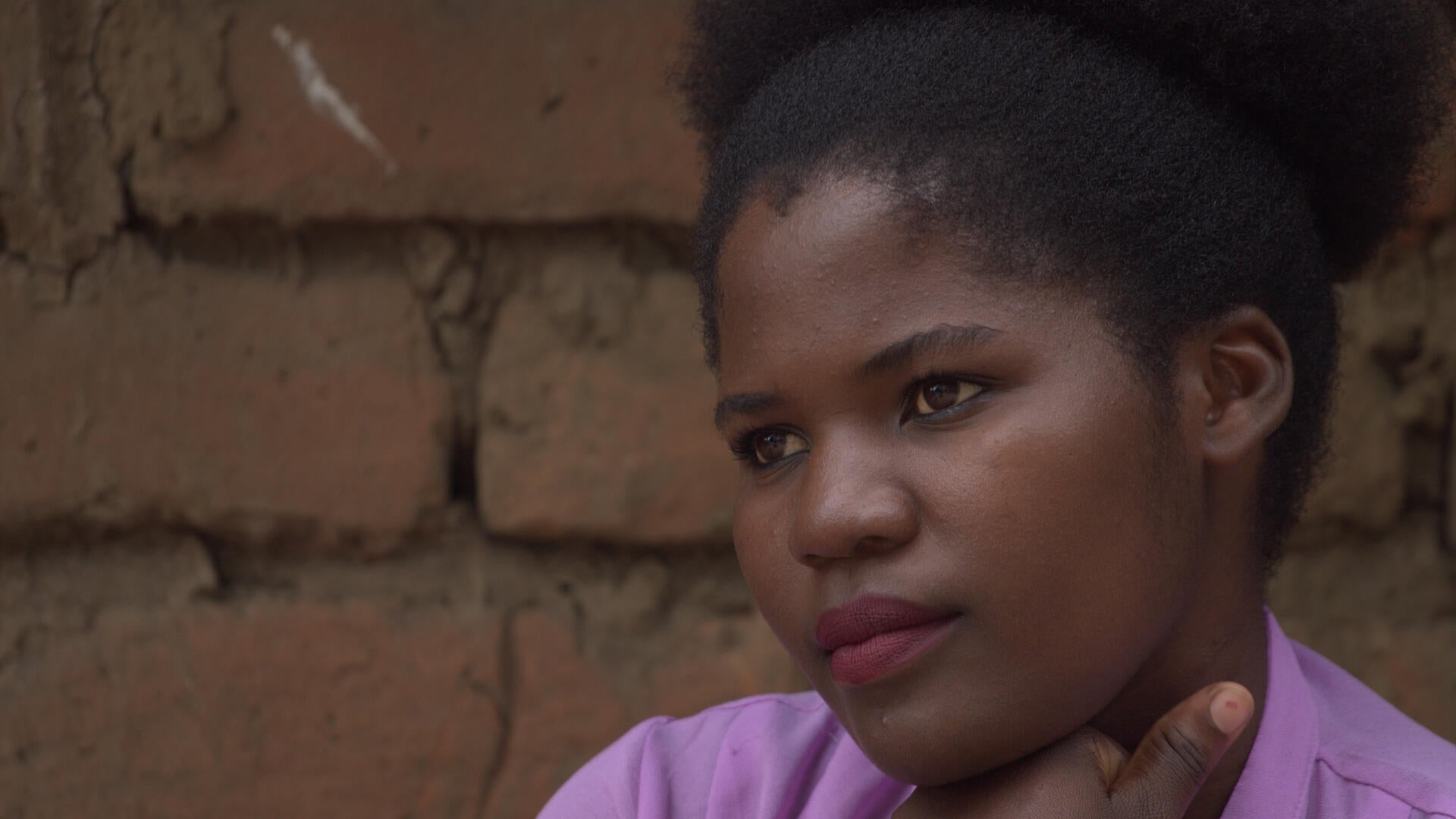LILONGWE, Malawi - Like many Malawian children, Monica Kaleso was excelling well in school. Her dream to be a medical doctor was on course. In 2013, at the age of 17, she started a relationship with John who came from the same village, Kadammanja. Later same year, she was pregnant. He world crumbled. John refused responsibility and she eventually dropped out of school. She waited for delivery at home.
When time for delivery came, not only did she lose her child, she was also injured due to delayed treatment. She developed an obstetric fistula. “The morning after being discharged from the hospital, I realized my beddings were wet and thought it was normal but this occurred for almost a year” she says.
Like many fistula patients, Monica suffered stigma and isolation. Her hopes of going back to school after delivery were fading. She had to endure the life of being a fistula patient at such a young age. Life became unbearable. “I did not even know if this condition could be treated or not, I was so young to live this kind of life” she says. She was rendered a despondent girl.
Treatment
Her father is a small scale tobacco farmer from Kasungu district, which about 140 kilometers from the capital city Lilongwe. When tobacco leaves are mature, they get plucked from the field and put in a constructed barn for drying. Usually, this work is done by all family members. Children assist their parents after they get back from school and during weekends. Monica was spared from this work because of her condition.
One day, as they were sorting the green tobacco leaves, her father heard the availability of the fistula treatment on the radio. He paid attention and kept note of the name of the facility, Bwaila repair fistula centre in Lilongwe.
After nearly one year of suffering, Monica finally received fistula repair treatment at the specialized facility. “I consider myself very lucky because I have heard that some women have lived with this condition for more than 40 years and others even 50 years or more” she says
Human rights violation
The Executive Director, Dr. Natalia Kanem acknowledges that fistula should be ended because it is a human rights violation. “The girls and women afflicted by the condition, which is preventable and largely treatable, are often plagued by chronic incontinence. As a result, they face devastating social stigma” she says. “Majority of women and girls who suffer from fistula are poor. Their inability to receive prompt medical treatment not only deprives them of their health and dignity, but is a violation of their human rights”.
Lifetime consequences of one pregnancy
The opportunity lost due to the pregnancy has been devastating to Monica as she now has to recover and reclaim the present and available opportunities. She was selected to pursue her degree in education specializing in mathematics at Chancellor College.
Won Young Hong, UNFPA Malawi Representative says that the potential of one pregnancy in making a young girl lose her lifetime opportunities should not be underestimated. “One pregnancy can have life threatening consequences such as HIV and STI infection, birth injuries including fistula, more children, school dropout and has potential to perpetuate poverty” she says. “It is encouraging to see that Monica will be back in school and pursue her dreams”.
“It is time for the world to heed the call made by United Nations Member States in the 2018 United Nations Resolution on Ending Fistula in which they committed to eradicating the condition within a decade. Yet, achieving this goal requires increased investments, innovations and partnerships. Failure to take action will undermine our chances of achieving the Sustainable Development Goals, meeting the commitments of the International Conference on Population and Development, and ensuring no one is left behind” says UNFPA.
No woman or girl should be deprived of her dignity, hopes and dreams. Fistula is a human rights violation – end it now! (the story of Monica on video can be watched on the link https://bit.ly/2w9T2iy
-Henry Chimbali-


